Events you hear about in media, yet recounted from the personal perspectives of their heroines and heroes. Stories from places seldom ventured into and a fresh look on what seemed thoroughly familiar. Fourteen exceptional, sometimes profoundly moving stories have been selected for the International Documentary Competition of the 64th Krakow Film Festival, including two productions from Poland.
“We are going to take our audiences on a journey to places seldom visited or incompletely discussed – in history and media reports alike. From the state of martial law in Poland and the AIDS era in West Berlin, through the vibrant Naples, Russia under surveillance, to America in the opioid crisis, and Japan with its ‘evaporated’ people. We will encounter heroes living behind the closed doors of political prohibitions, guarded borders, and family secrets,” comments Anita Piotrowska, film critic and curator of the documentary section at the Krakow Film Festival.
Political Prohibitions
In Russia, those who speak the truth are deemed agents of foreign intelligence. For instance – the journalists of Novaya Gazeta, which received the Nobel Peace Prize half a year before the invasion of Ukraine. By combining official and unofficial records, primarily from anonymous authors, Of Caravans and Dogs (dir. Askold Kurov, Anonymous) documents the heroic work of Russian journalists, their dilemmas about emigration, censorship and self-censorship, and the few manifestations of political dissent in the local society.
Ruhollah Zam, a repressed journalist from Tehran, was forced to flee with his family to France. And yet, even there, he must live in hiding. The director of Son of the Mullah, Nahid Persson, accompanies him in his remote work and endless fear. As it turns out, the international network of activists has been infiltrated by the Iranian regime.
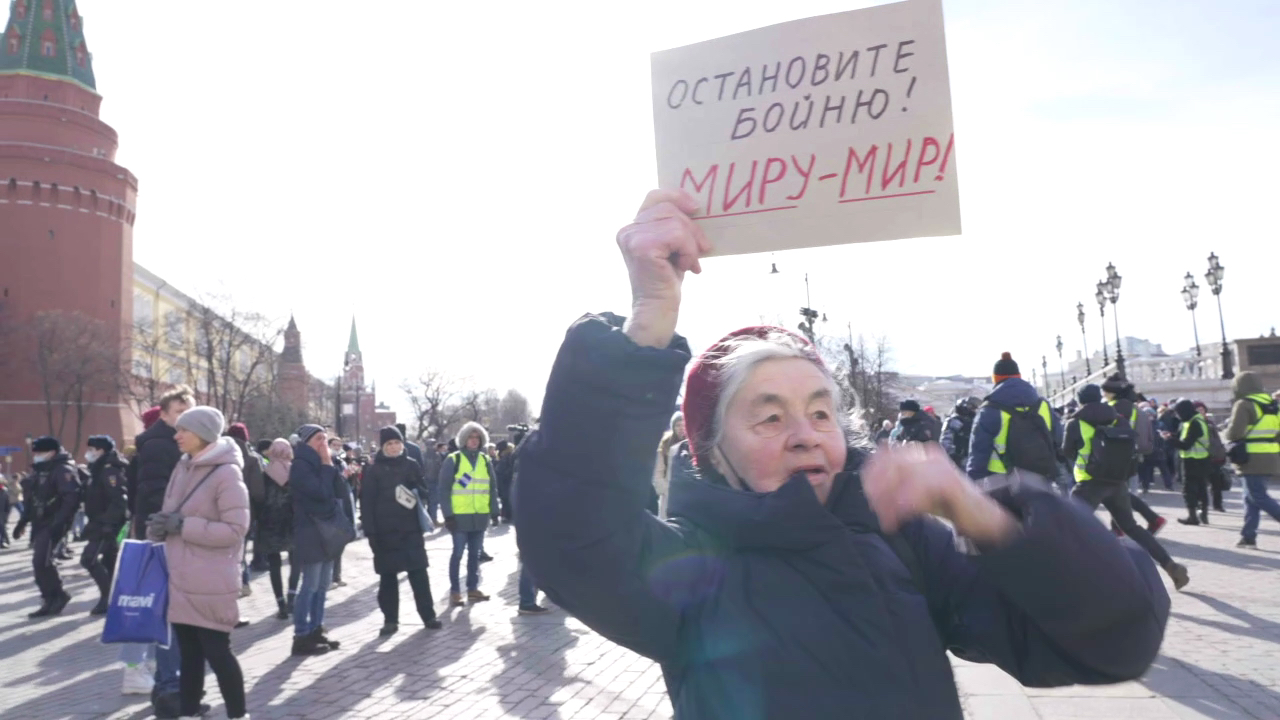
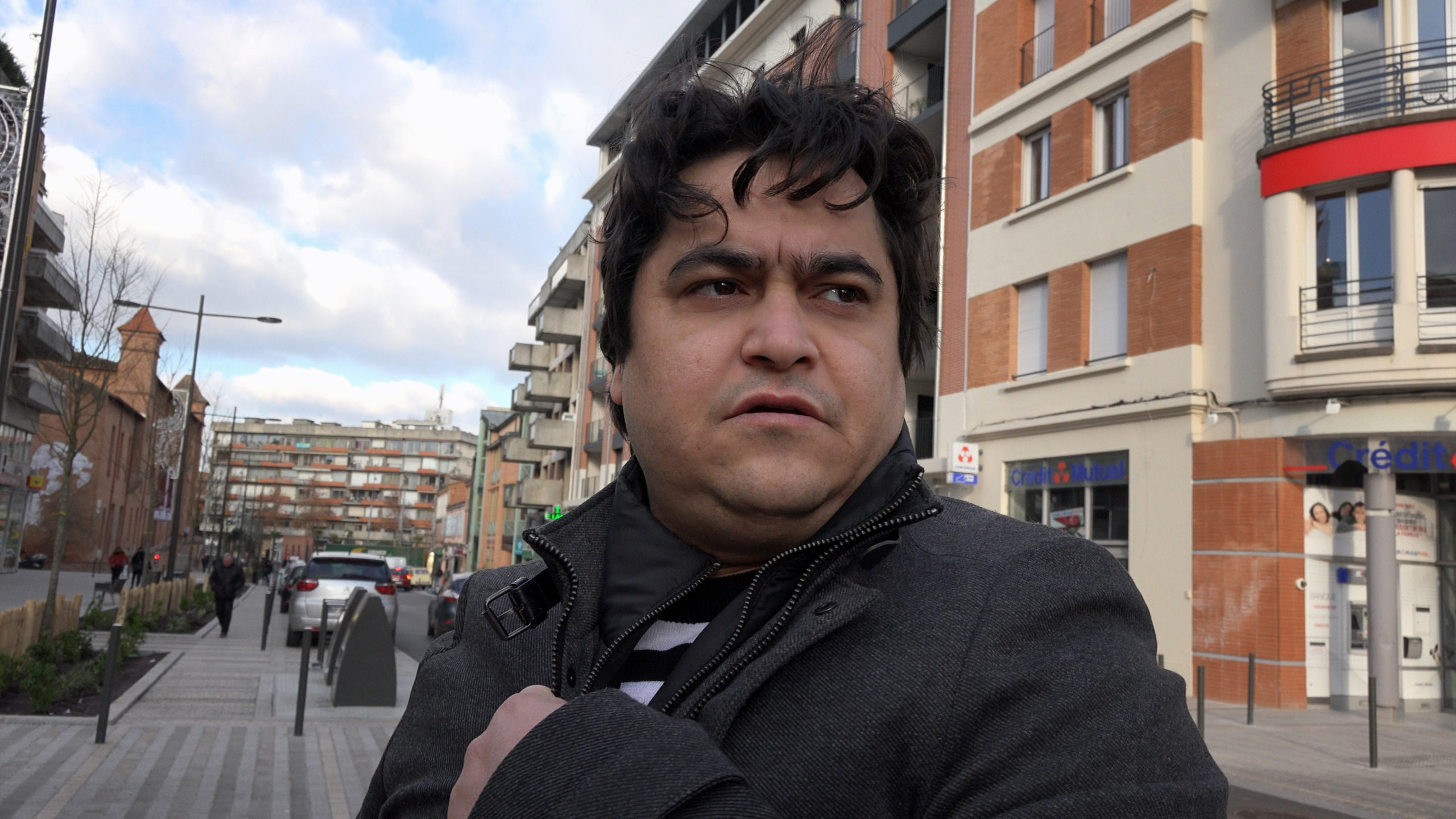
The title of this year’s winner of the IDFA festival, 1489, is the number assigned to an Armenian soldier who went missing in action while fighting the Azerbaijanis for Nagorno-Karabakh in 2020. As the family attempts to locate the student’s body, his sister, Shoghakat Vardanyan, is using her smartphone to document the search and the emotions that surround it.
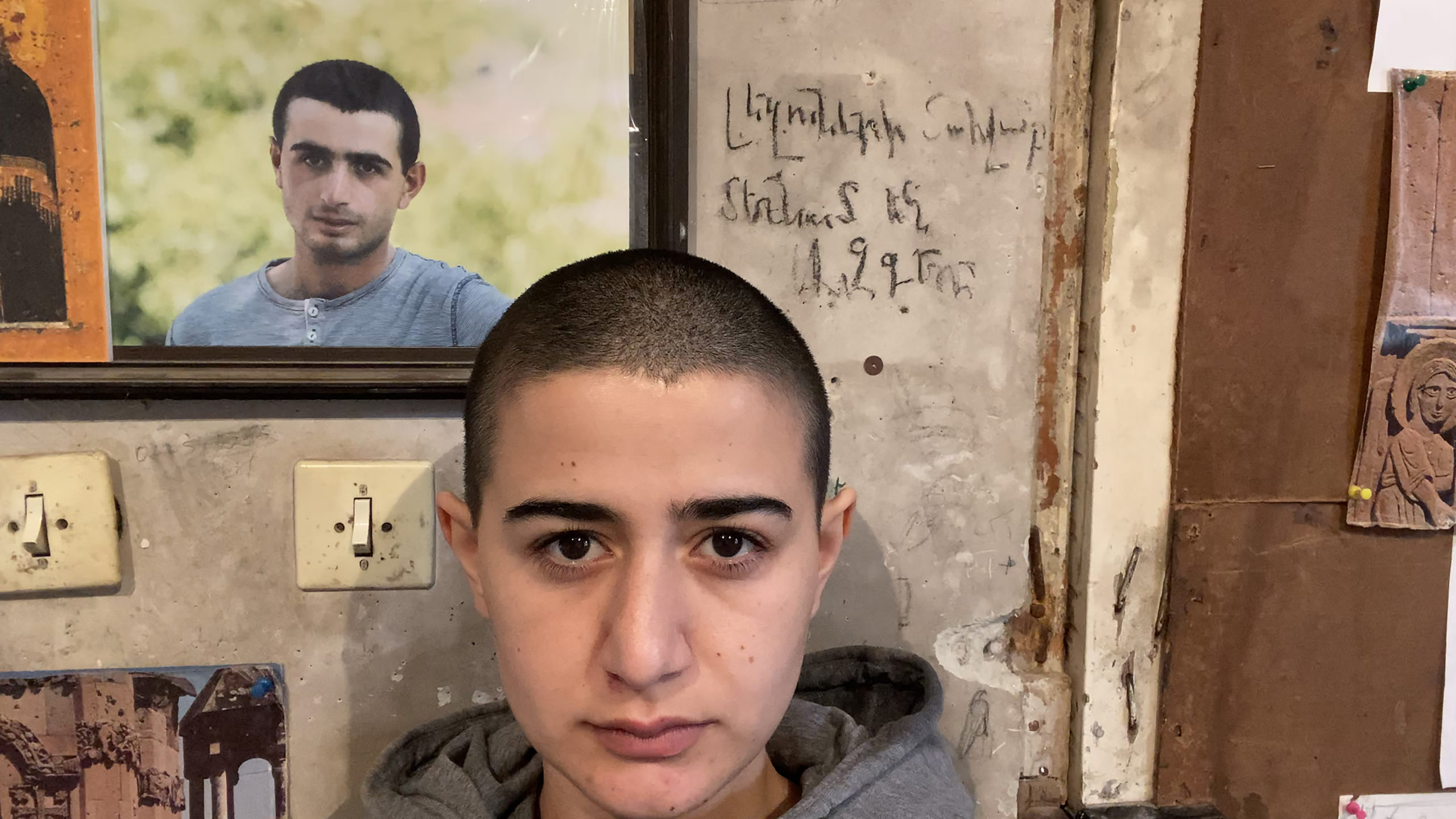
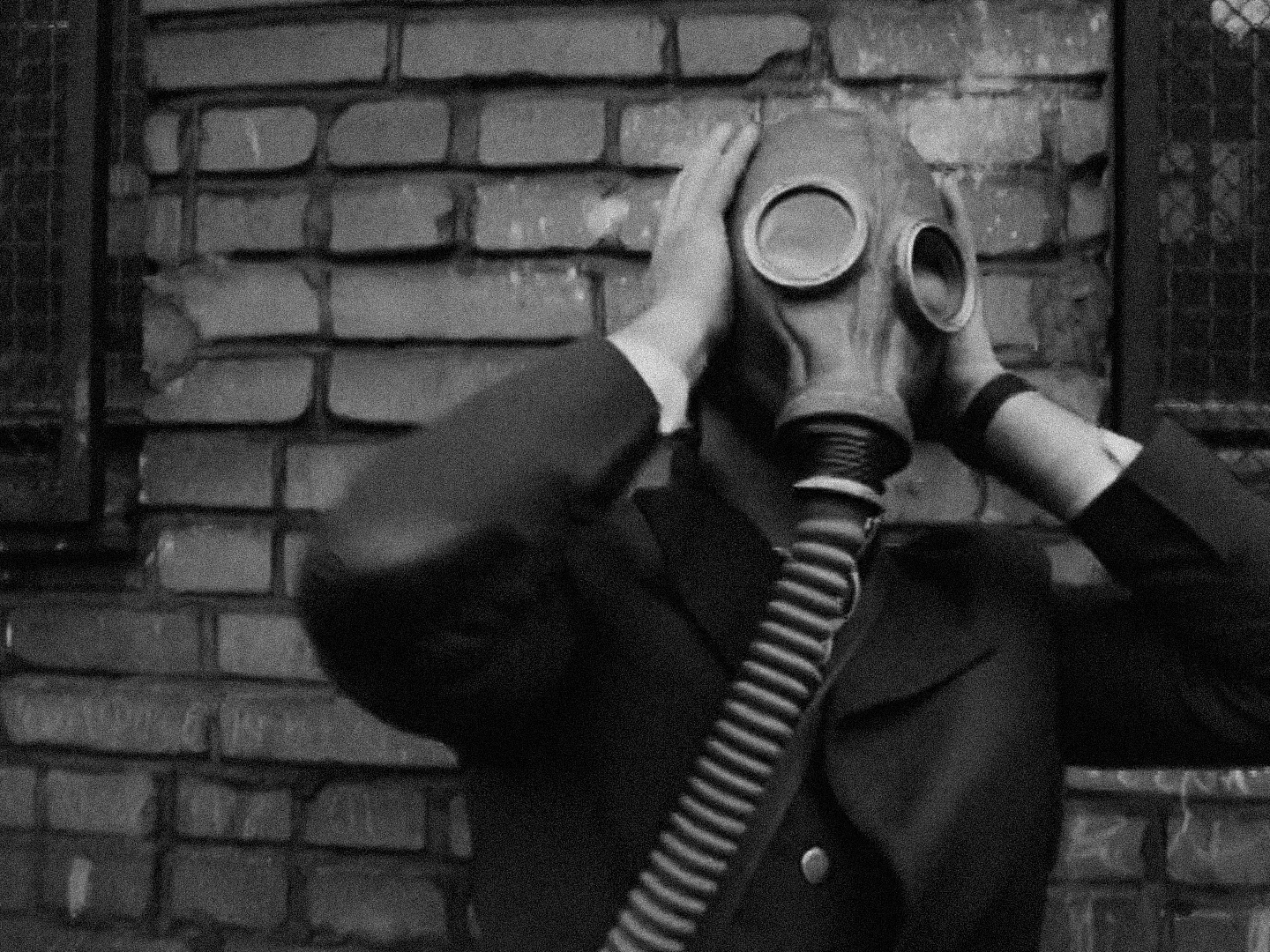
The martial law imposed in Poland on 13 December 1981 targeted the Solidarity movement, but there was more to it. Using solely archival materials, A Year In the Life of the Country by Tomasz Wolski delves into the behind-the-scenes of those political events. It challenges the mythologized image of Polish society as a victim of the system.
Guarded Borders
When Palestinian filmmaker Mohamed Jabaly was invited to Norway, he had no idea he would be forced to spend seven years there. Unable to return to Gaza – as Israel had just closed the only border crossing with Egypt – a tragicomic tale of the Palestinian plight unfolded. In the face of current events, Life is Beautiful takes on a new, poignant meaning.
Runa, a 16-year-old Kurdish girl, fled Iraq from ISIS attacks and found herself stuck on the Polish-Belarusian border with her family. Eventually reaching Poland, she had to grow up much faster than her peers. Directed by Agnieszka Zwiefka, the film Silent Trees accompanies the uncertain fate of the family, yet it places the teenager in the foreground. We get to know her through her drawings that come to life before our eyes.
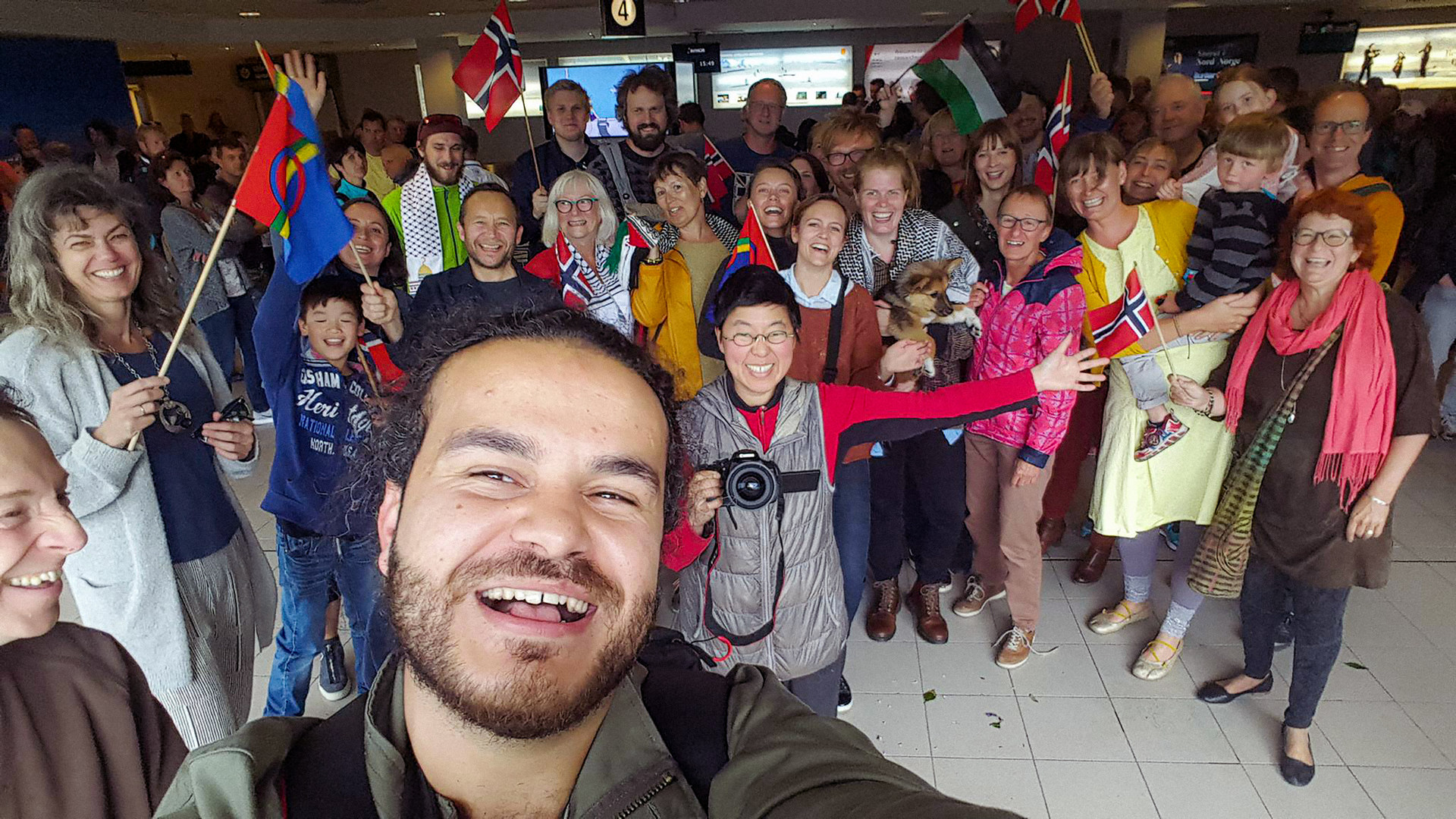
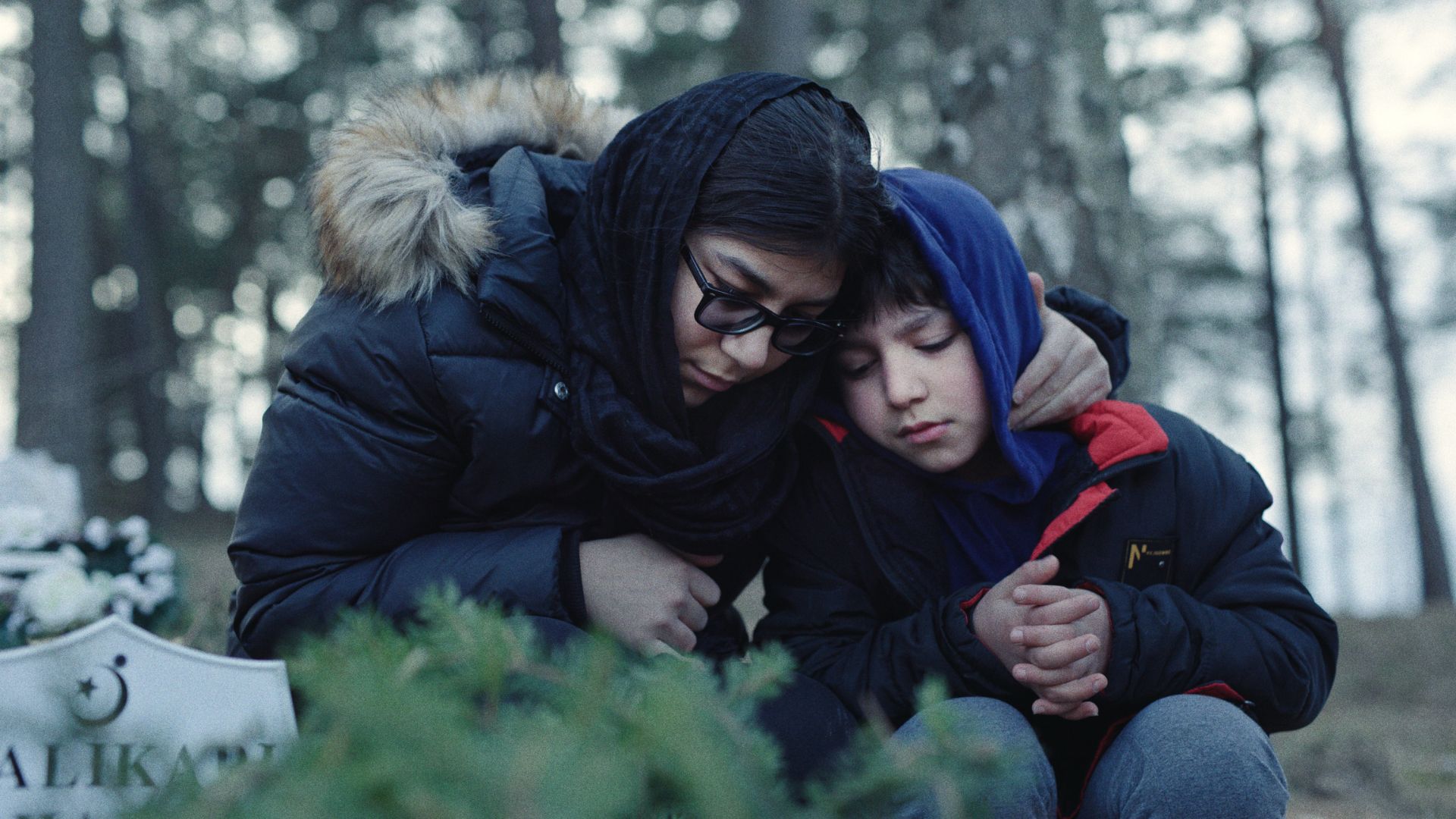
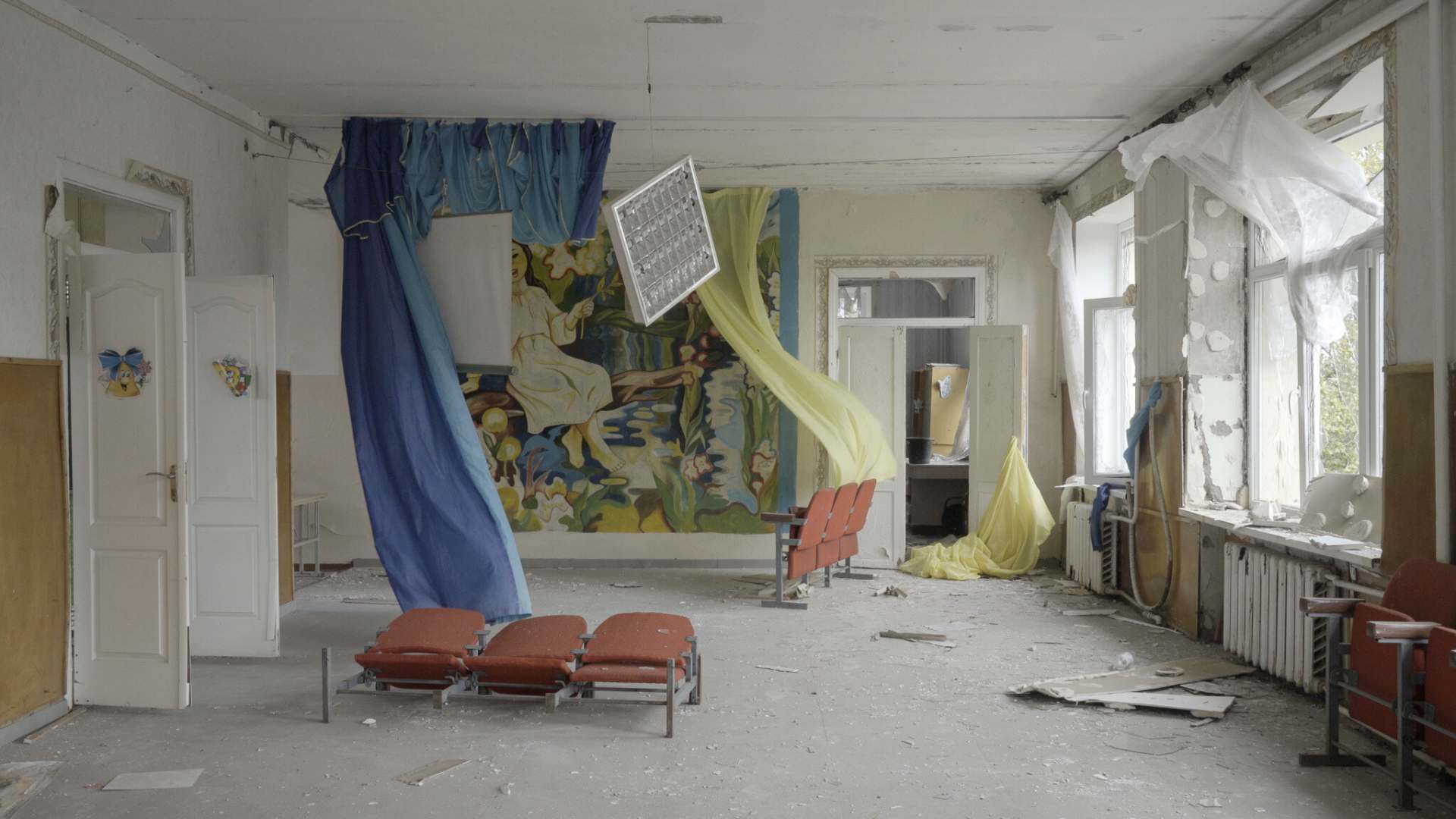
What do Russian soldiers talk about when they call home from the front lines? Phone conversations recorded by Ukrainian intelligence in the first six months of the war paint a completely different picture than the one created by Kremlin propaganda. The exchanges included in Oksana Karpovych’s film Intercepted are juxtaposed with what the barbaric invaders left in their wake. Put against the background of post-apocalyptic landscapes, they form a study of enslavement and conformity.
For several years, the creators of the Slamdance-winning film Inheritance (dir. Matt Moyer, Amy Toensing) accompanied a family from Appalachia, an exploited region ravaged by the opioid crisis. They meticulously and empathetically depict the predicament of the youngest generation, burdened from the start by poverty and the omnipresence of highly addictive substances. We meet the resolute Curtis, ready to break out of the vicious cycle that consumes his loved ones.
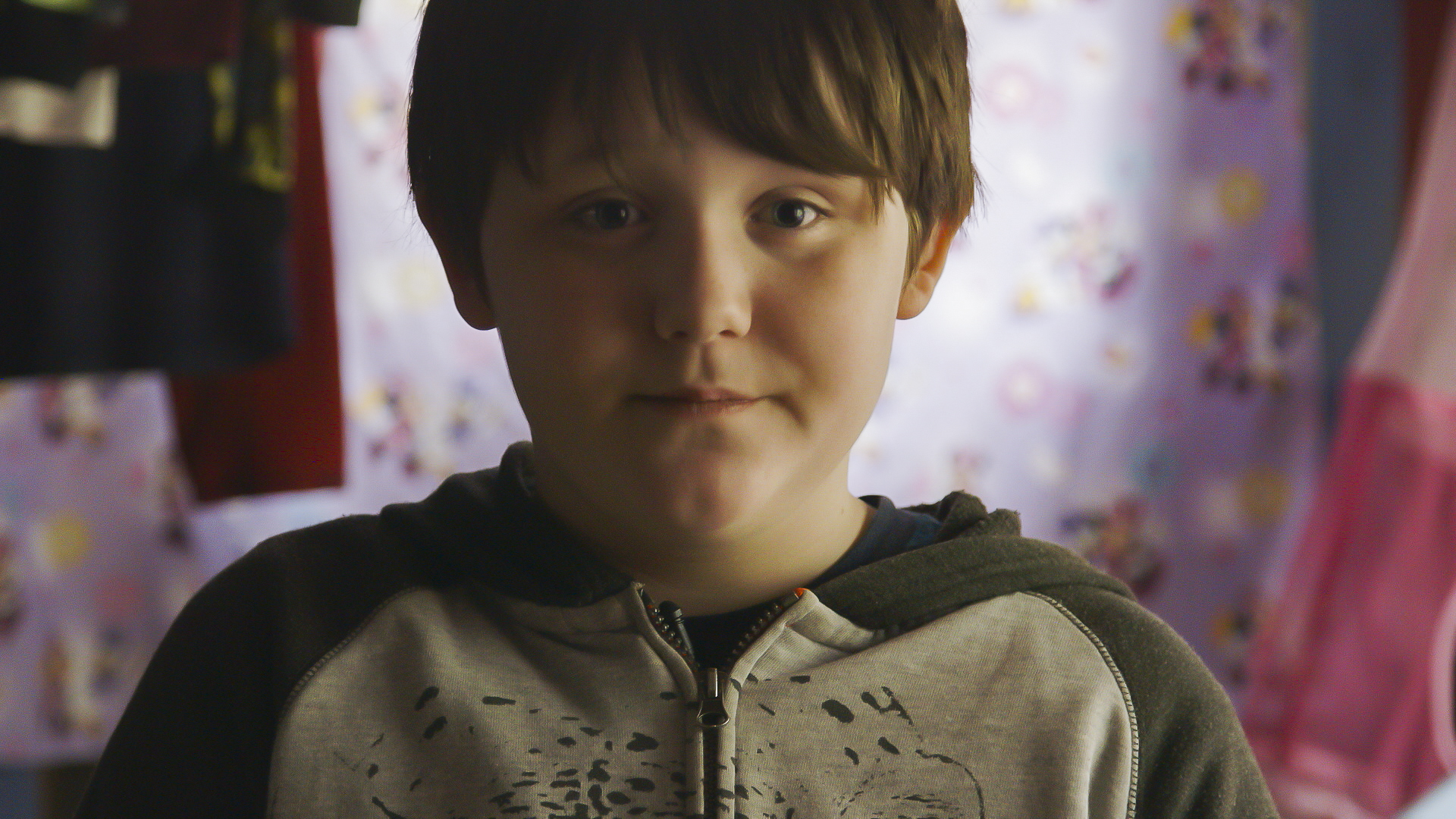
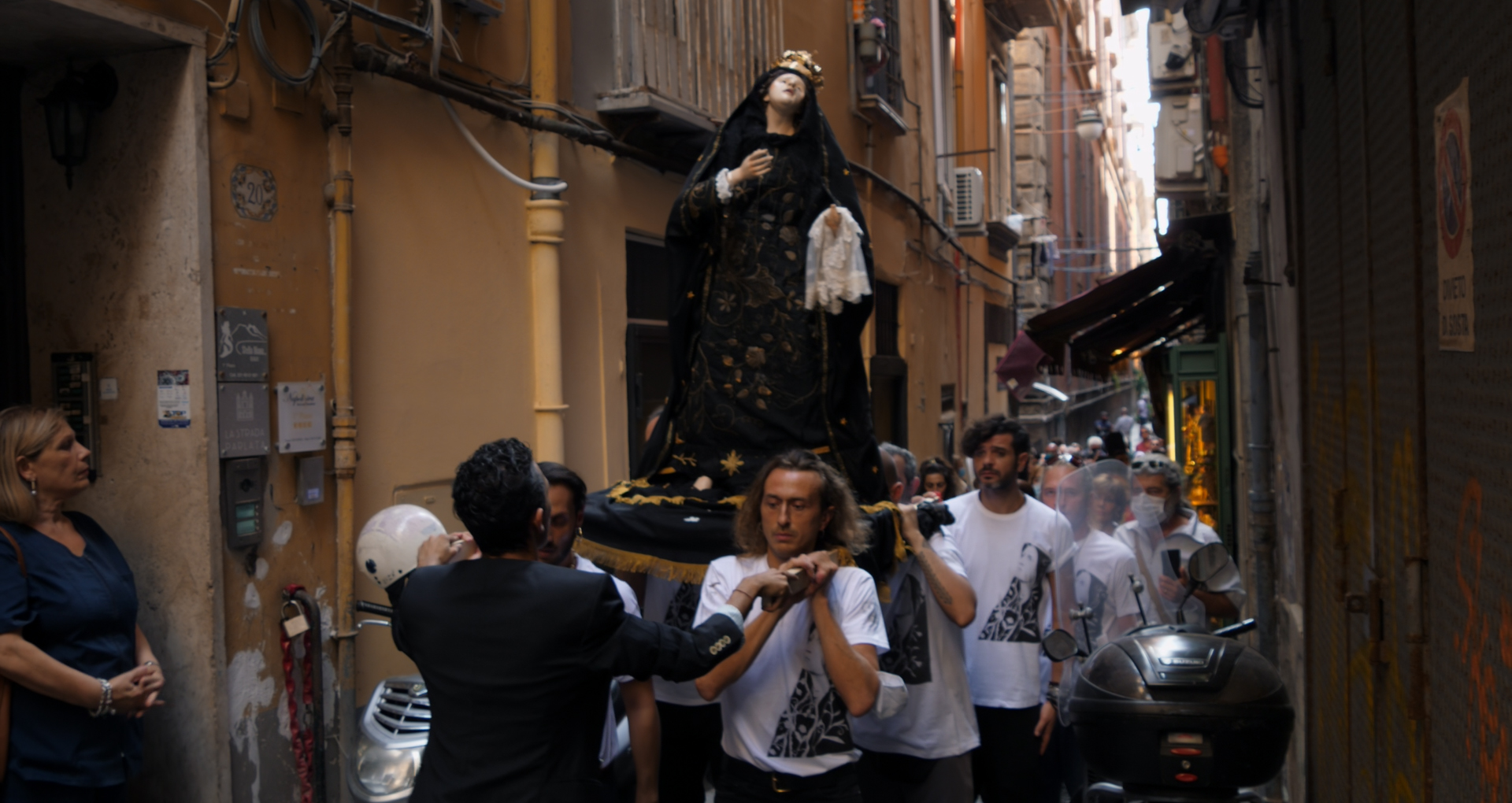
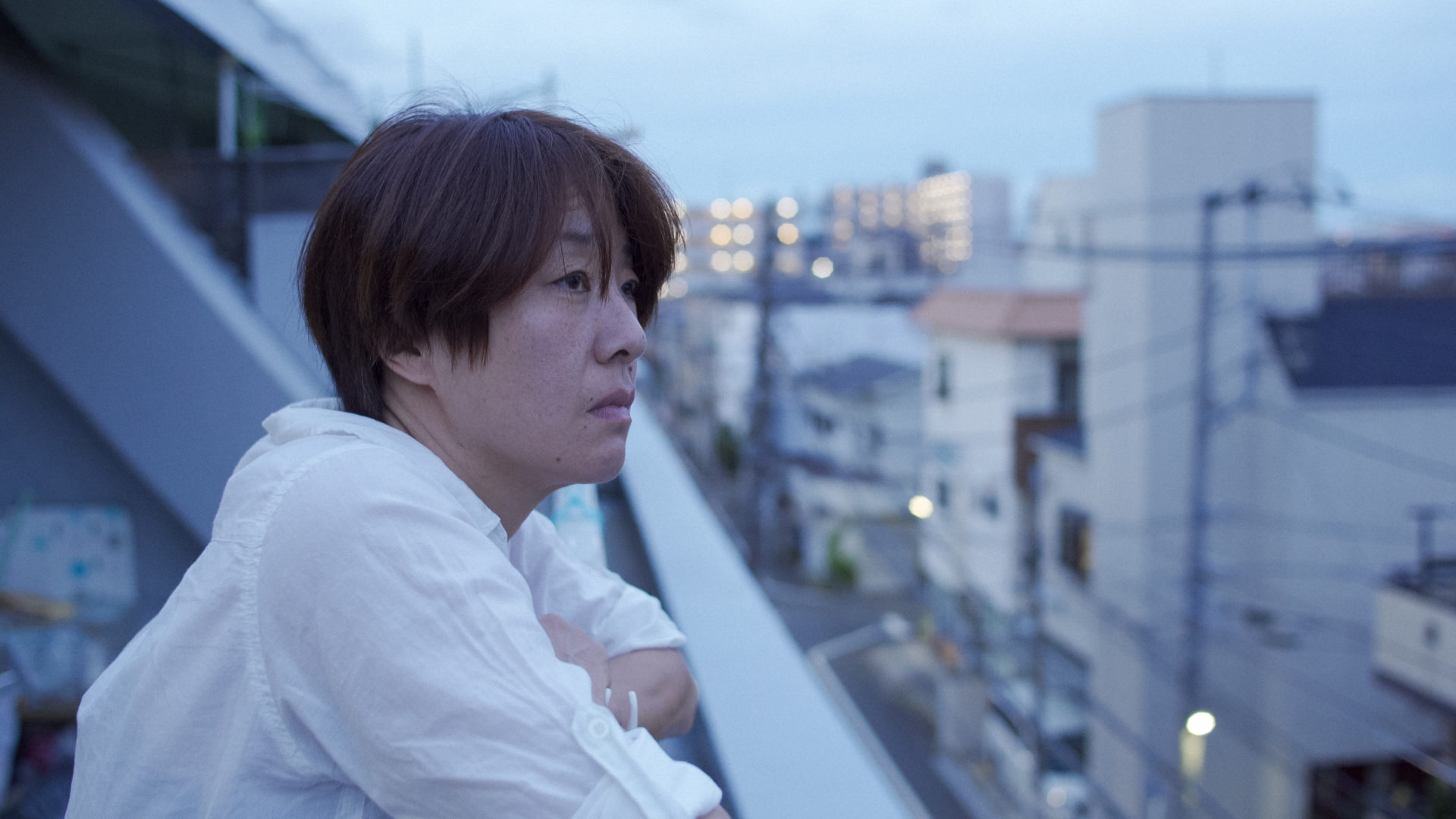
Ciretta lives on the streets of old Naples, mainly through theft and prostitution. He is also a street singer and a devotee of a local Mary cult. Following the protagonist of The Gospel According to Ciretta (dir. Caroline von der Tann), we get to know a colourful community struggling to defend itself against touristification, gentrification, and COVID. In the company of a biblical ‘little one’, we visit places that seem to escape tourist gazes, where plebeian religiosity mixes with resilience and human solidarity.
In Japan, specialized companies help people vanish into thin air. Runaways can leave everything behind and start a completely new life elsewhere. The film Johatsu – Into Thin Air (dir. Andreas Hartmann, Arata Mori) follows several such escapes – from the perspective of the escapees, their loved ones, and those who organise the disappearances, teetering on the edge of legality.
Family Secrets
Acclaimed Swedish director Roy Andersson had three brothers, but their paths diverged dramatically at one point. Standing behind the camera of The Andersson Brothers, the daughter of one of the brothers, intimately and yet uncompromisingly explores the family’s addiction- and conflict-ridden history. While filming, Johanna Bernhardson aims to reconcile the estranged relatives over the years but also turns the camera on herself.
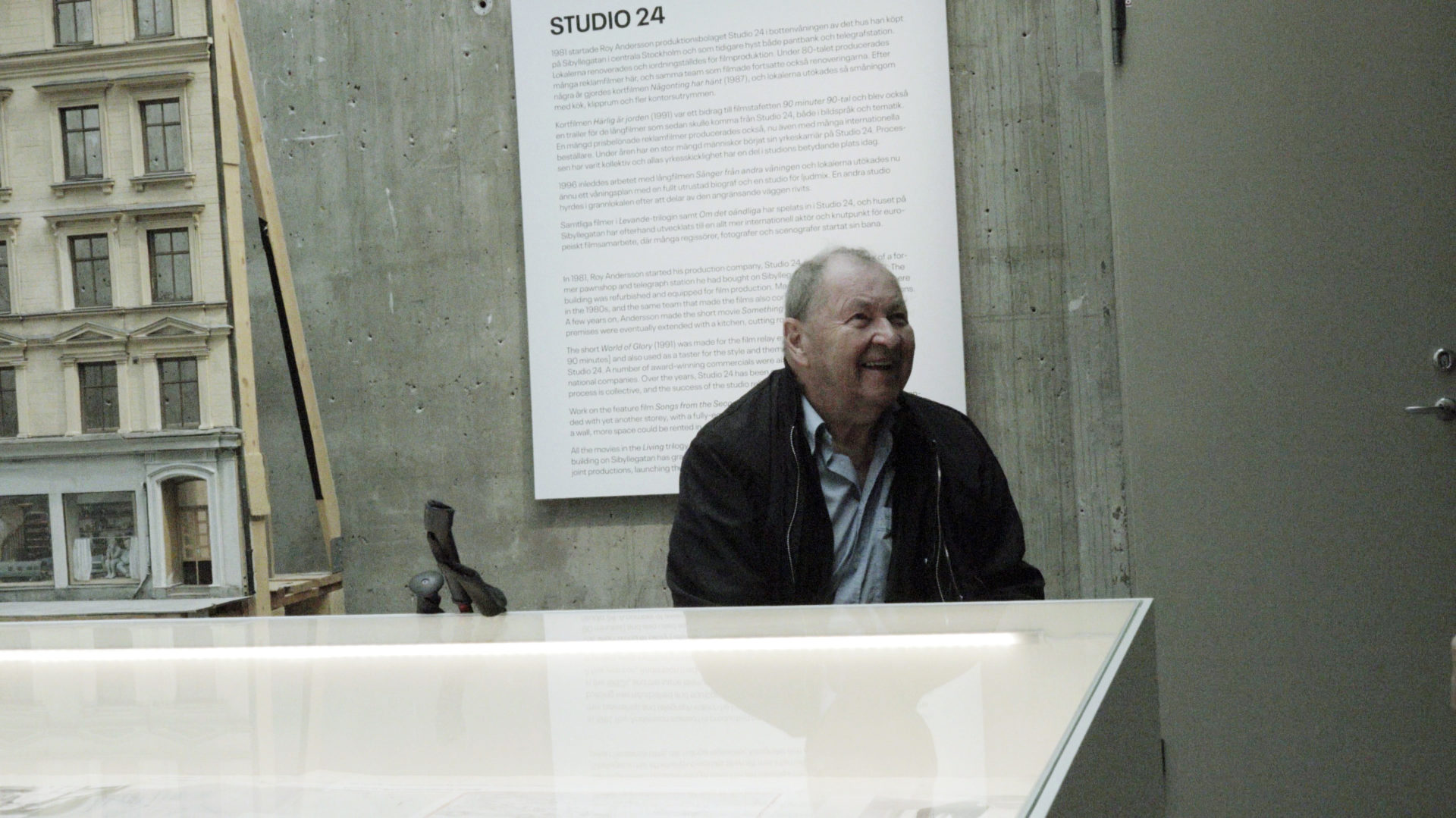
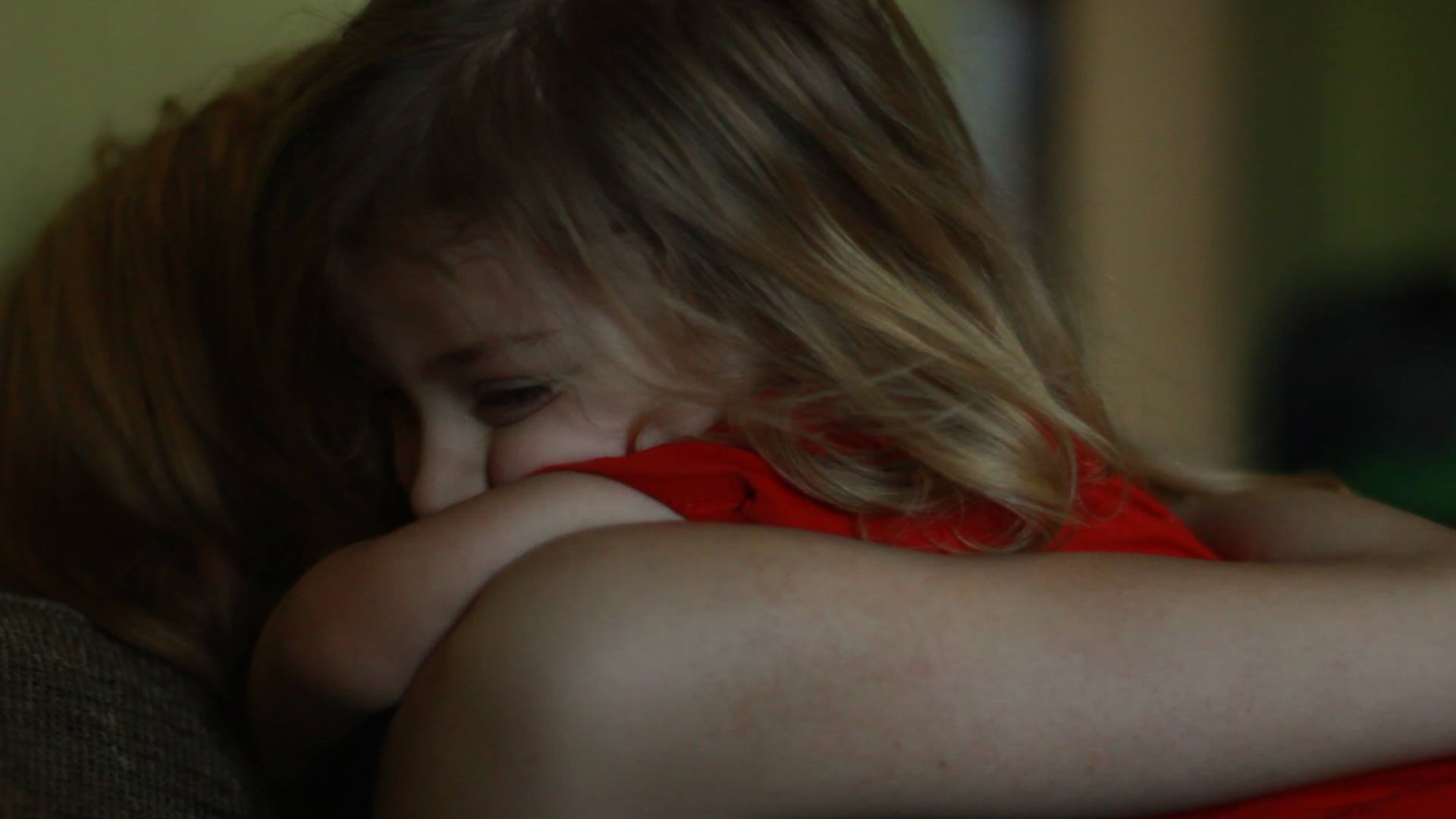
For 10 years, Isabela Tent was following the story of a young girl who, as a teenager, gave birth to a child in a relationship with a much older man. The film Alice On & Off recounts the series of disappearances of the titular protagonist – a sensitive girl and artist desperately seeking her own path and fleeing from her demons.
The director of the Locarno-winning Monogamia observes his parents whose relationship burnt out long ago, with mother attempting to compensate through compulsive shopping. In the film, Ohad Milstein initiates a psychodrama involving them while simultaneously testing his own relationship, which is also falling into apathy. Is monogamy still the best form of relationship?

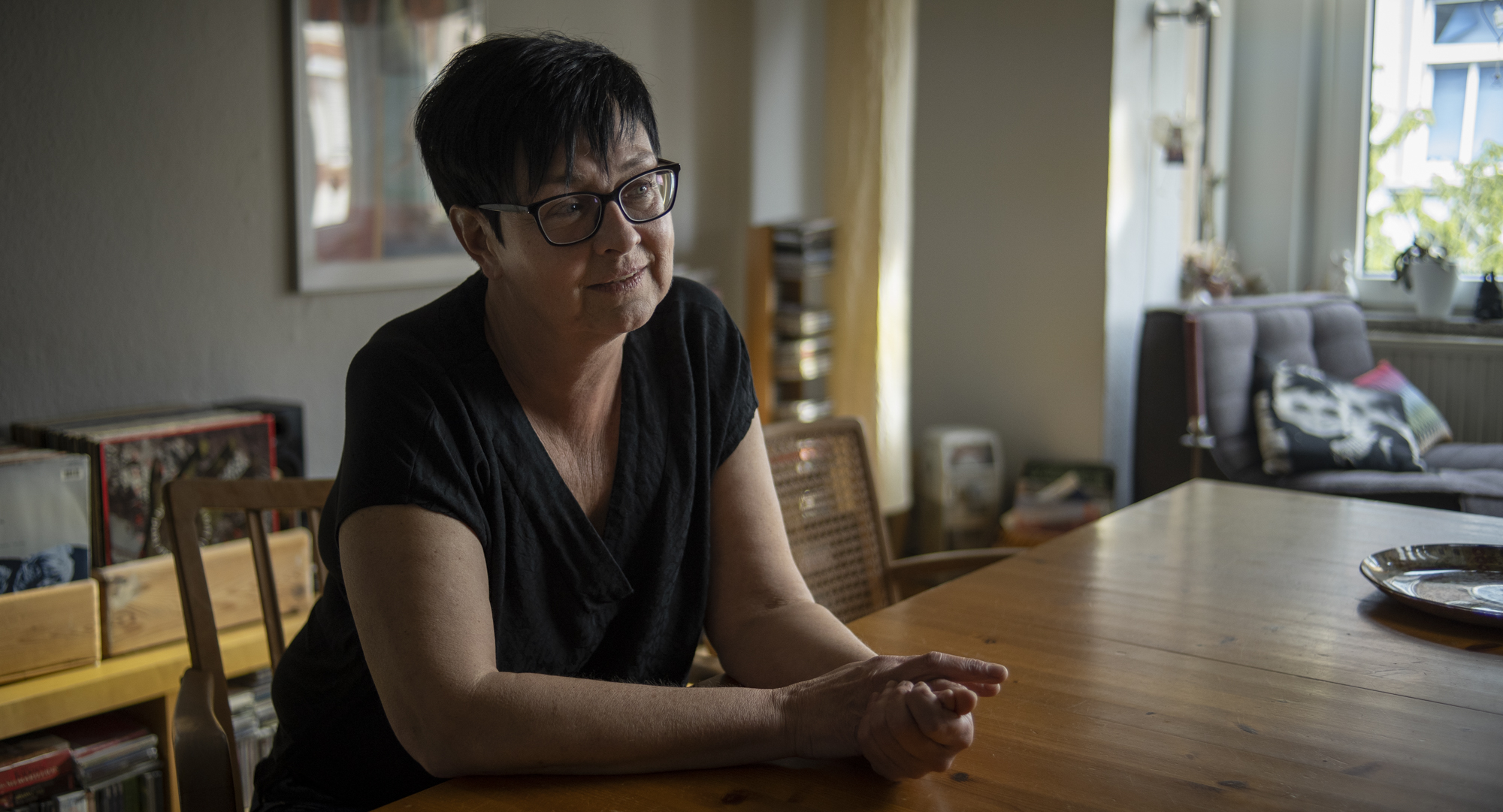
The protagonist of Baldiga – Unlocked Heart (dir. Markus Stein) seemed to have no secrets, yet remained a mystery to his family, whom he left as a young boy to move to the capital of Germany. West Berlin in the 80s was the European epicentre of LGBTQ+ subculture, and one of its creators and chroniclers was Jürgen Baldiga – a photographer, poet, and activist. His archives give rise to a poignant narrative about himself and the community living in the shadow of the AIDS epidemic.
Films in the International Documentary Competition
- 1489, reż. Shoghakat Vardanyan, Armenia, 76’, 2023
- Baldiga – Unlocked Heart, dir. Markus Stein, Germany, 90’, 2024
- The Andersson Brothers dir. Johanna Bernhardson, Sweden, Finland, 84’, 2024
- Silent Trees, dir. Agnieszka Zwiefka, Poland, Germany, Denmark, 84’, 2024
- Inheritance, dir. Matt Moyer, Amy Toensing, USA, 83’, 2024
- The Gospel According to Ciretta, dir. Caroline von der Tann, Italy, 73’, 2024
- Alice On & Off, dir. Isabela Tent, Romania, 84’, 2024
- Monogamia, dir. Ohad Milstein, Israel, Germany, 73’, 2023
- Of Caravan And The Dogs, dir. Askold Kurov, Anonymous, Germany, 89’, 2024
- Intercepted, dir. Oksana Karpovych, Canada, France, Ukraine, 93’, 2024
- A Year In the Life of the Country, dir. Tomasz Wolski, Poland, 85’, 2024
- Son of the Mullah, dir. Nahid Persson, Sweden, 100’, 2023
- Johatsu – Into Thin Air , dir. Andreas Hartmann, Arata Mori, Germany, Japan, 86’, 2024
- Life Is Beautiful, dir. Mohamed Jabaly, Norway, 93’, 2023
Passes for the 64th Krakow Film Festival are on sale now!
The Krakow Film Festival is on the exclusive list of qualifying events for the Oscars® in the categories of short film (live action, animated, documentary) and documentary feature, as well as a recommending event for the European Film Awards in the same categories.
The Kraków Film Festival is organised with the financial support of the Municipality of Kraków, the Ministry of Culture and National Heritage, the European Union’s Creative Europe program, the Lesser Poland Province, the Polish Film Institute. The festival is co-organised by the Polish Filmmakers Association.
The 64th Krakow Film Festival will be held in cinemas from 26 May to 2 June and online across Poland on the KFF VOD platform from 31 May to 16 June 2024.